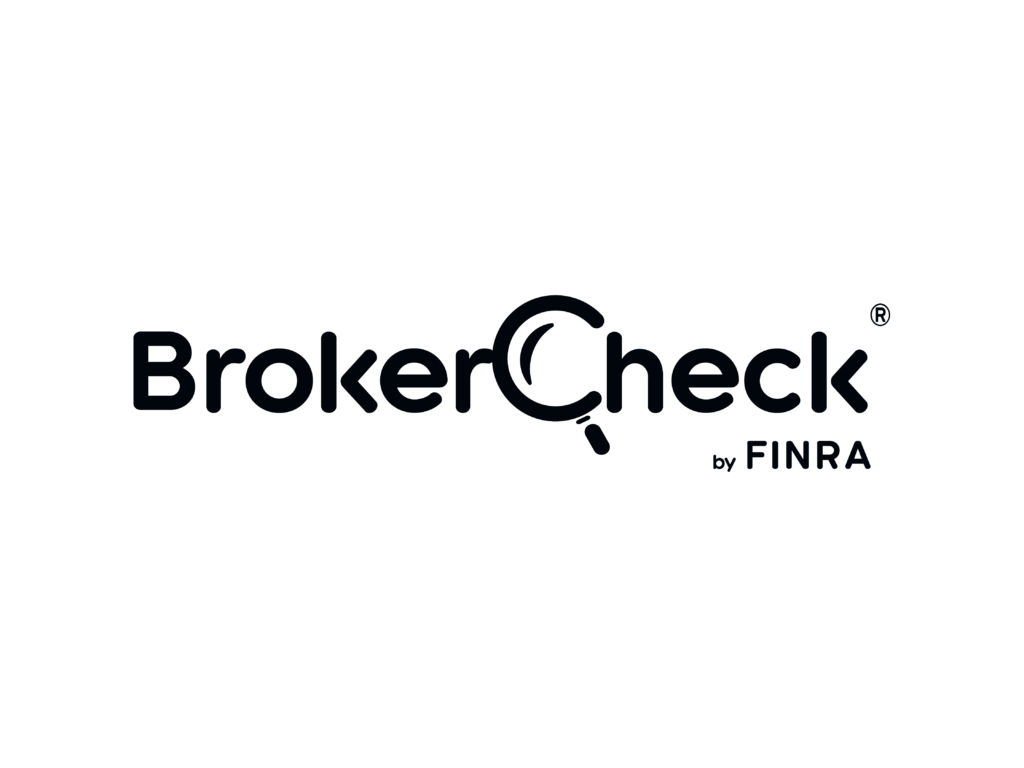You’ll likely have several sources of income in retirement that can be taxed, such as IRA distributions and Social Security benefits. But, do you have any after-tax “buckets” that you can use strategically in retirement to help reduce your tax bill? There may be a few options available to you, so know how they work.
How is a Roth IRA Different from a Traditional IRA?
Many people contribute pre-tax dollars to a traditional IRA during their working years. When money is distributed, it’s taxed at ordinary income rates. In contrast, a Roth IRA is funded with after-tax dollars. A Roth IRA can be a valuable asset in retirement because qualified distributions are not taxed, unlike distributions from a traditional IRA.[1]
What If You Don’t Have a Roth IRA?
Even if you haven’t contributed to a Roth IRA in the past or you’re not eligible to, you may be able to take advantage of the backdoor Roth strategy. Individuals with income over $144,000 and couples filing jointly with income over $214,000 cannot contribute directly to a Roth IRA. Those who are able to can only contribute up to $6,000 per year if under age 50, or $7,000 per year if over age 50.[2] However, anyone has the option to convert any amount from a traditional IRA, 401(k), or similar qualified retirement account into a Roth IRA, regardless of income.
In this case, you would pay tax on what you convert and then be able to withdraw money tax-free later on. Keep in mind that Roth IRA conversions are now irreversible and that money can’t be withdrawn penalty-free until five years after it’s converted, and typically not until age 59 ½.[3]
Do You Have an HSA?
Not everyone can contribute to a Health Savings Account (HSA), but if you can through your employer, consider doing so. The benefits of an HSA are that contributions are not taxed, funds grow tax-deferred, and can be withdrawn tax-free for qualified medical expenses. Before age 65, you can’t use funds from an HSA to pay for non-medical expenses without incurring a 20% penalty. But, when you turn 65, you only have to pay taxes on withdrawals for non-medical expenses, and you do not have to pay taxes on withdrawals for qualifying medical expenses. Qualifying medical expenses include Medicare Part B and Medicare Advantage plans, prescription drugs, a portion of long-term care insurance premiums, dental, and vision care.[4]
There may be unexpected taxes in retirement that could add to your tax bill. To offset the impact of your taxable sources of income in retirement, you may consider a Roth IRA or an HSA as two of many potential tax strategies. We can help you create a long-term tax minimization plan that works with your overall retirement plan. While today’s retirees face new challenges, there are tons of financial planning strategies that can help. [sc name=”comp_review”] to sign up for a time to speak to us at [sc name=”company_name”] about your concerns and how we can help you.






